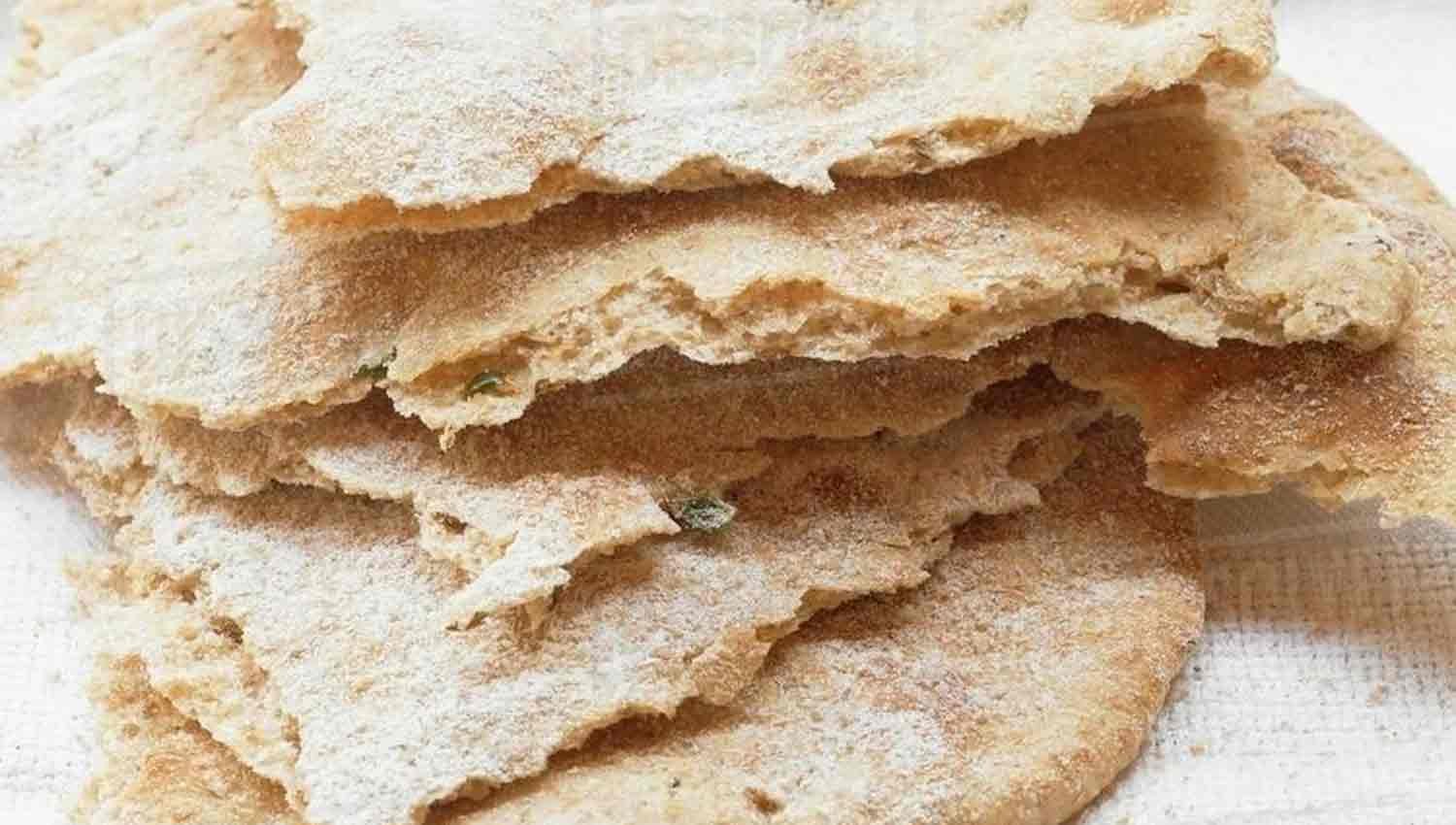Tasting Suffering
From my S.O.A.P. Journal
Scripture
Do not eat it with bread made with yeast, but for seven days eat unleavened bread, the bread of affliction, because you left Egypt in haste—so that all the days of your life you may remember the time of your departure from Egypt.
Deuteronomy 16:3 (NIV)
Observation
The Book of Deuteronomy’s story takes place in the land of Moab, where the Israelites were camped on the east side of the Jordan River. The Israelites were on the verge of entering the Promised Land, which had been promised to their forefathers centuries earlier. In preparation for their entering the Promised Land, God gives his people many instructions about life in the land of milk and honey. To remember and celebrate Yahweh’s great deliverance from Egypt, God’s people were to observe the Passover on the same month that they had left Egypt every single year. Deuteronomy 16:2 instructs them to sacrifice a lamb that they would consume completely on this one night. No leftovers or doggy bags. Verse 3 instructs them to make and eat bread without yeast. God adds a “why” to this “what.” The reason “why” they were to eat unleavened bread was to remember their hasty departure from their land of enslavement. Leaven takes time to fully raise the bread. Leaving Egypt would not allow for this luxury. This bread is called “the bread of affliction.” God’s people were reminded every year of the suffering they endured. There was something good and even holy about tasting their suffering.
Application
Theodicy is defined by Merriam-Webster as “defense of God's goodness and omnipotence in view of the existence of evil.” It’s the struggle we have to reconcile an all-knowing, good God and unjust, unexplainable suffering. Why do people die of starvation on a planet that produces enough food for the entire population? Why do innocent children get incurable cancer? These and many others are the hard, real experiences of people. The Bible does not seem to give a straight forward, once-and-for-all solution to theodicy. Rather it seems to assume suffering as a part of life on our broken planet and invites followers of God to embrace pain and suffering instead of denying or running from it. I love the raw gritty psalms of lament. It’s an invitation to ruthless honesty before God. Job’s saga is a real time, slow walk through the valley of the shadow of death. Ultimately in scripture, suffering is visited upon our Nazarene Rabbi on the cross. Isaiah’s suffering Servant becomes embodied on Golgotha. God suffers with and for us. Healing and hope are found in the One whose wounds become scars. In obedience to Jesus, for centuries, his apprentices gather around tables and share meals and in the breaking of bread and drinking from the common cup, they remember his suffering. “Answers” to suffering are not found at this table, but sacred empathy and divine compassion are. Solidarity with pain is found in eating the bread of affliction. Nearness to the One who was bruised for our iniquities brings comfort amidst the horrors of the world’s pain. Tasting suffering heals the soul in the ways justification for pain cannot. I have experienced this in my journey as an adult child of an alcoholic, my own hellish addictions, days of struggling in our marriage, raising a beautiful child who wrestles with mental illness and addictions, unexpected divorce, natural disaster, denominational civil wars and the everyday life of a local church pastor. The bread of affliction has been my companion, my instructor, and my mentor.
Prayer
O Lord of all of my life and my Suffering Savior, thank you for this fresh reminder of how you have used suffering to form me. You have held my hands with your nail-pierced hands and walked with me through the mountains, valleys, and flatlands of life. You have sat at table with me and eaten the bread of affliction with me and that has been enough. Thank you Father, Son and Holy Spirit. Amen.

